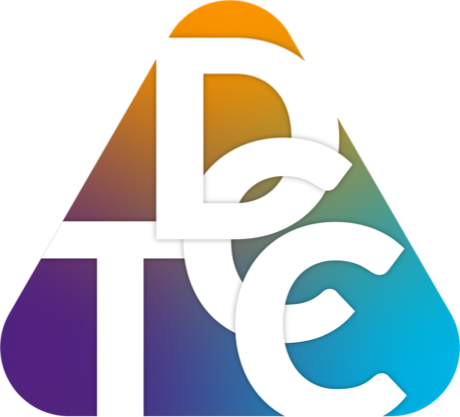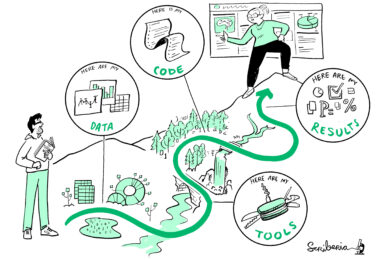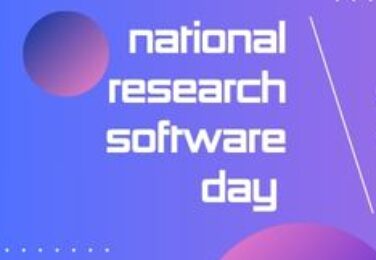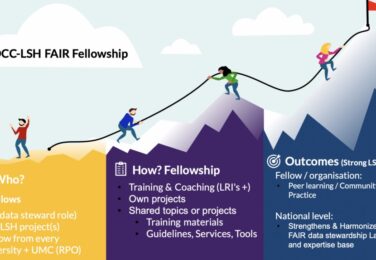The Dutch Interoperability Network: Bridging Data, Disciplines, and People
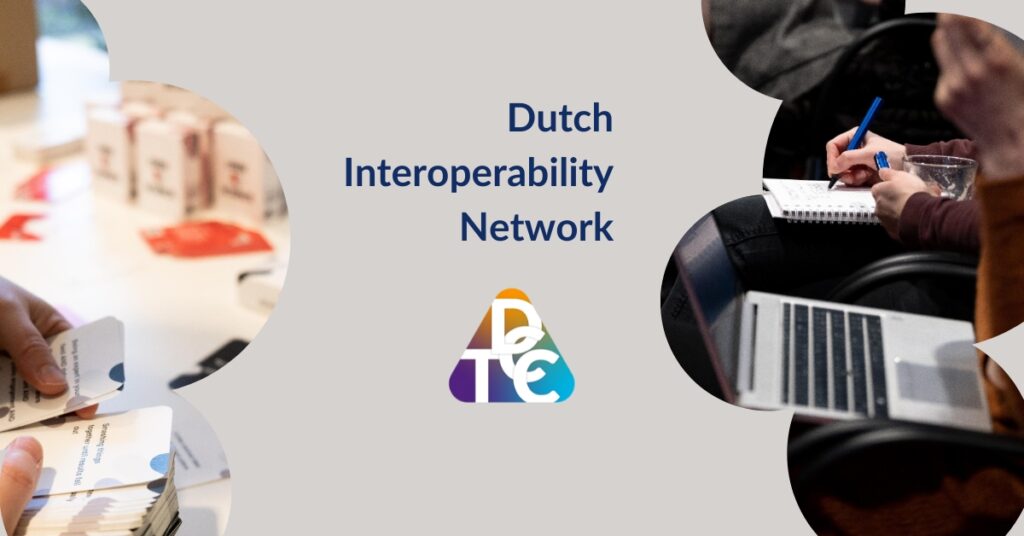
Authors: Kimberley Zwiers, Lena Karvovskaya, Walter Baccinelli, Maryam Mazaheri, Emma Schreurs and Sreenithya Avadakkam
Interoperability allows systems, datasets, and disciplines to work together seamlessly, making research data easier to share, access and reuse without losing its meaning. It is also a core pillar of the FAIR principles, which aim to ensure that research data is Findable, Accessible, Interoperable, and Reusable.
Despite its growing awareness in the research and data management communities, several misconceptions still hinder its effective implementation in everyday research practices. These include assumptions such as:
- Common file formats (like CSV or JSON) alone ensure interoperability, without addressing semantic alignment;
- Interoperability can be postponed to later stages, resulting in costly retrofitting;
- It only applies to large-scale collaborations, and not to smaller or individual research projects;
- Adopting standards is enough—without ensuring shared interpretation and consistent implementation.
As a result, interoperability is often seen as a technical add-on rather than an enabler of collaboration, reproducibility, and impact.

In reality, interoperability is far more complex than it appears. Achieving it requires addressing semantic, syntactic, technical, organizational and legal challenges. Semantic standards support consistent interpretation across systems by using shared vocabularies, metadata, and domain-specific ontologies, which are especially important in interdisciplinary research where terms often have different meanings. Meanwhile, technical and syntactic standards ensure smooth data exchange between systems through aligned formats, communication protocols and validation tools. Equally important are organizational and legal frameworks, which provide the trust and governance needed to responsibly share data and handle sensitive information via data policies, intellectual property rights, licensing and privacy regulations. Many of these challenges can be mitigated early by integrating appropriate standards and structured data workflows into everyday research practices, leading to more efficient, reliable, and reusable research that complies with open science policies while enhancing visibility and societal impact.
Achieving this, however, is not just about systems; it’s about people working together. Collaboration between researchers, data stewards, and institutions is essential. Key enablers include: knowledge sharing, co-designing data workflows from the outset, aligning institutional data support services with the research lifecycle, and recognizing data stewardship in professional frameworks.
These efforts can be supported by practical tools such as discipline-specific metadata templates, which reduce workload and promote consistent practices across research teams.
This understanding inspired the launch of the Dutch Interoperability Network, a growing community of practice kickstarted by the Open Science NL programme’s mission to strengthen local and thematic DCCs in training for open research software and enhancing research data and tools interoperability. Bringing together expertise from diverse disciplines, the network focuses on sharing knowledge and co-developing materials to support both new and experienced professionals by highlighting best practices and practical ways to embed interoperability into everyday research workflows.
As of May 2025, the network has started hosting monthly meetings, exchanging ideas and laying the groundwork for what we hope will become a sustainable and collaborative network. Current priorities include developing accessible starting materials, supporting peer learning and organizing workshops to foster ongoing dialogue and strengthen the interoperability community.
Meet the interoperability community managers and other network members (fall 2025):
Ari Asmi Interoperability community manager at Leiden Universiteit and TU Delft library
Walter Baccinelli Interoperability expert at Health-RI/TDCC-LSH
Alex Brandsen Interoperability project lead at TDCC-SSH
Ingrid van Gorkum Interoperability community manager at DCC-PO
Emma Schreurs Interoperability community manager at the University of Amsterdam
Jessica Verheijen Interoperability community manager at Tilburg University
Dominique Wanders Interoperability community manager at LUMC
Helena Wedig Research Software and Interoperability Training Lead at Erasmus University Rotterdam
Sreenithya Avadakkam Interoperability Community Manager and Trainer at Vrije Univesiteit Amsterdam
Maryam Mazaheri Linked open data specialist with focus on Interoperability University Library Maastricht
Vedran Kasalica Interoperability expert at Health-RI/TDCC-LSH
Sanaz Afshin Interoperability community manager at the University of Groningen
Pedro Paulo F. Barcelos Semantics & Metadata Specialist at Health-RI
Efe Sozeri Interoperability community manager at Universiteit Twente
